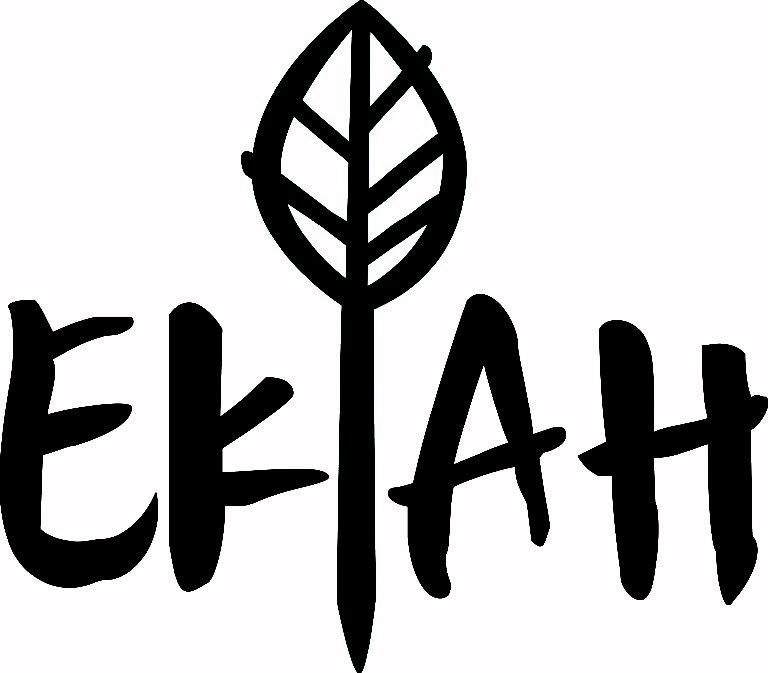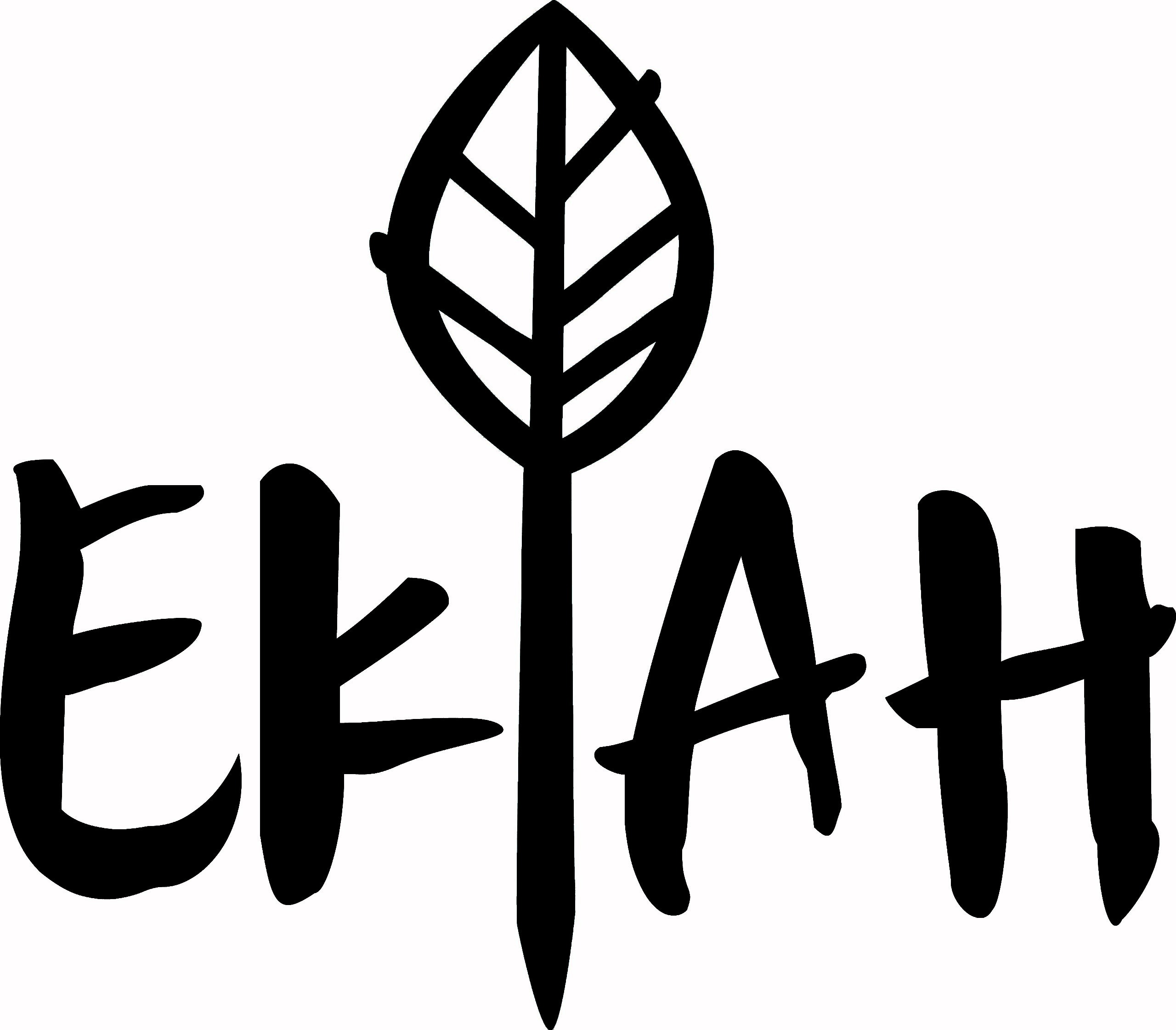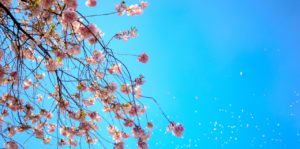Blog
Exploring the 24 Hour Qi Clock
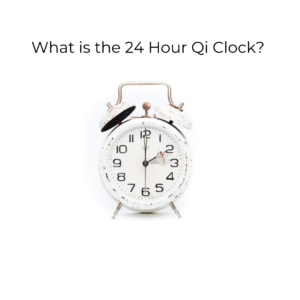
Exploring the 24 Hour Qi Clock
Most people are familiar with the terms diurnal and nocturnal. Diurnal means active during the daytime, while nocturnal means active during the nighttime. Together the two make up a 24-hour cycle known as a day. But, in Traditional Chinese Medicine, this 24-hour cycle is viewed as much more than just a day in the life. The 24 hours of the day are viewed as increments of time and every two-hour section is associated with a specific energetic meridian that runs through the body.
This is known as the Qi clock.
Do you wake up every night or every morning about the same time? Have you ever wondered why? Some people call that an internal clock. In Chinese medicine, this gives a much deeper look into how the body functions though. Chinese medical theory divides the body based upon the 12 energetic meridians. Each of the meridians is assigned a two-hour time slot. For example, the liver meridian is associated with the hours of 1 a.m. to 3 a.m. If you wake up during this time frame, then its an indication something is going on with your liver meridian. So knowing this information can be very important to an acupuncturist/Chinese medicine practitioner.
During a 24-hour period, your energy or Qi (pronounced “chee”) moves through the organ systems in two-hour intervals. Qi draws inward to help restore the body between the hours of 1 a.m. and 3 a.m. The liver cleanses the blood and performs other functions, such as getting the blood ready to travel outward into the rest of the body. Over the next 12 hours, Qi cycles through the organs that assimilate, digest and eliminate food through the body or our diurnal organs. By mid-afternoon, the body begins to slow down again in preparation for the nocturnal phase. The nocturnal phase is all about restoring and maintaining. So when one organ system is at its peak, its counterpart, on the opposite side of the clock is at its lowest point. An example is 7 a.m. to 9 a.m., which are the hours of the stomach. This is when the stomach is at its peak and also why it is recommended to eat a big breakfast. On the opposite side of the clock lies the pericardium, which is associated with the pituitary, hypothalamus and reproductive organs. The pericardium is at its weakest point between the hours of 7 a.m. and 9 a.m.
Here’s a brief summary of the 24 hour Qi cycle:
- 3 a.m. to 5 a.m. is lung time
- 5 a.m. to 7 a.m. is large intestine time
- 7 a.m. to 9 a.m. is stomach time
- 9 a.m. to 11 a.m. is spleen time
- 11 a.m. to 1 a.m. is heart time
- 1 p.m. to 3 p.m. is small intestine time
- 3 p.m. to 5 p.m. is urinary bladder time
- 5 p.m. to 7 p.m. is kidney time
- 7 p.m. to 9 p.m. is pericardium time
- 9 p.m. to 11 p.m. is triple burner time
- 11 p.m. to 1 a.m. is gall bladder time
- 1 a.m. to 3 a.m. is liver time
So if you have recurring problems at the same time every day, then there is a good chance that the organ/meridian associated with that time is in distress. This is why Traditional Chinese Medicine practitioners ask so many questions and also why they look at the body as a whole instead of just one particular organ. By understanding that every organ/energetic meridian has a maintenance schedule to keep daily, you can then treat your body properly so you achieve the ultimate health and well-being and acupuncture can help you achieve that goal. Acupuncturists treat the body based on things like your symptomology, your pulses, your tongue and the 24-hour Qi clock indications you exhibit. The goal is to bring the body back into balance and knowing when the meridians are at their peaks and valleys is a great place to begin.
May AcuNews Vol.2
Acupuncture for Rehabilitation from Sports Injury
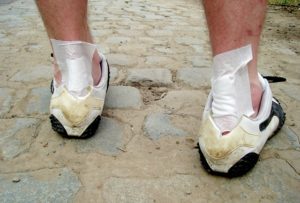
Sports injuries are an incredibly common reason patients first seek out treatment with Traditional Chinese Medicine. From a TCM perspective, there are numerous energetic imbalances that may have predisposed someone to a particular injury, or may now be affected by the injury. A trained practitioner will look at the location of the injury, the depth of the injury, and the pathology of the injury.
A sports injury anywhere on the body may have the following components:
Blood Stasis: Blood stasis is often caused by trauma to the local area, such as falling on the soccer field or getting hit with a hockey stick. Symptoms of blood stasis include sharp and stabbing pain that is worse with pressure, bruising and skin discoloration. When the stasis is severe it may affect sleep. Sports injuries such as bone breaks, contusions, fractures, tendon and ligament tears frequently have a blood stasis component.
Qi Stagnation: Qi stagnation can be caused by trauma but more frequently is caused by overuse, repetitive motion, poor posture or form while doing an exercise. Pain from a Qi stagnation injury tends to be dull, achy, throbbing and diffuse. Normally it is worse with pressure, but may be better with gentle movement. Common injuries that often involve Qi stagnation are tendonitis, muscle strains, chronically tight muscles and shin splints.
Heat: Both Qi stagnation and blood stagnation can generate heat, which is a TCM explanation for lots of kinds of inflammation. Any sports injury that presents as red, hot and swollen has a heat component to it.
Cold: Just as pathogenic heat can be a factor in sports injuries, so too can pathogenic cold. There is an idea in TCM that cold can “direct strike” an organ or energy system, leading to severe, acute, cramping pain. This often occurs after exposure to cold, such as running a race on a cold day, swimming in cold water or sitting in an ice bath after a workout. Cold can also be a factor in certain chronic areas of pain, particularly when bone is involved or when the injury is in a location that doesn’t get a lot of blood flow.
Blood deficiency: Any acute sports injury has a component of stagnation or stasis. However, there may be an underlying blood deficiency that allowed the tissues to be more susceptible to injury. The blood is said to nourish the tendons, so this is particularly true in tendon injuries such as tennis elbow or achilles tendonitis. Blood deficiency may also be a result of a sports injury, such as a concussion, which means the body needs more resources to rebuild itself after the injury.
Luckily, TCM has numerous ways of treating sports injuries and helping in the rehabilitation process:
Acupuncture: Acupuncture can help to increase blood flow to an area, reduce pain, inflammation and help tissues heal.
May AcuNews Vol.1
Healthy Eating for Summer
Traditional Chinese Medicine is a medical system that is thousands of years old and incorporates many different modalities. TCM theory emphasizes that Mother Nature provides the right kind of food for the right kind of environment. For instance, if the weather is cold, then warming, nutrient-dense foods are best for the body. Likewise, when summer rolls around, it is best to partake of cooling foods and foods that are abundant during this season.

Summeris a time of great abundance. Or as the Chinese refer to it, the time of utmost yang. The days are longer and warmer. And everything and everybody seems to be more active. The warmth of the summer sun encourages growth and maturation. In TCM, summer relates to the element of fire and the heart and small intestine energetic pathways or meridians. Because summer is a time of growth, many fruits and vegetables become abundant during the season. And because the season tends to be the warmest, it is important to stay cool and hydrated.
The body is thought to contain a substance the Chinese call Qi (pronounced “chee”). This Qi is frequently translated into the term energy in English. When a person’s Qi is low, then a deficiency develops. Conversely, when there is an excess of Qi, problems may arise indicative of this. Sweat is the fluid of the heart. When a person sweats excessively, the Qi of the heart becomes scattered and weak. This can weaken the mind and cause symptoms like depression, restlessness, insomnia and irritability. But this can be countered by eating foods salty and sour in nature. This includes foods such as miso, pickles, lemons, limes and sour plums.
The summer months are generally hot and therefore the body needs to be kept cool. This is the perfect time to eat more raw foods that clear heat. But as with anything, don’t overdo it. Too much cold or raw foods can wreak havoc on the digestive tract causing spasms, tightness and contractions. This will make the body work harder to warm the food being eaten, which can then deplete the Qi of the spleen and stomach meridians. Therefore cooked foods and even soups are still recommended during the warm summer months. They are usually made with seasonally-available foods or eaten at room temperature to avoid any digestive conflict.
It is best to avoid heavy, greasy and fried foods during the summer months, as they can clog up the digestive system. They can also create excess phlegm in the lungs leading to respiratory problems. And when cooking during the season of summer, it is best to create meals quickly and simply by grilling or stir frying.
Examples of foods beneficial for the summer months include peppers, eggplant, cabbage, kale, broccoli, spinach, melons of all kinds, beets, berries, pineapple, cucumbers, grapefruit and mushrooms. If you need more help understanding or designing a proper seasonal-eating plan, contact your local acupuncturist or TCM practitioner. They will definitely be able to help you identify what plan works best for you.
